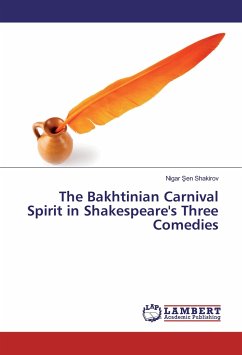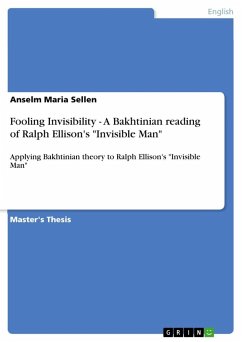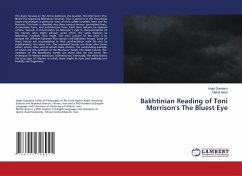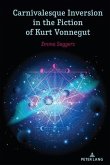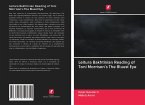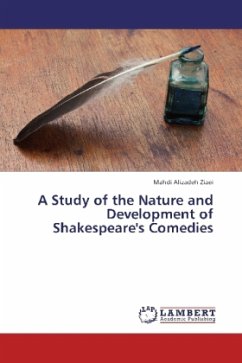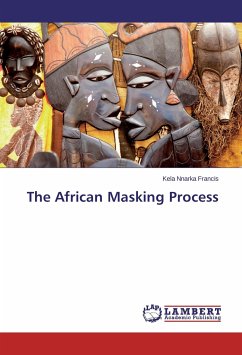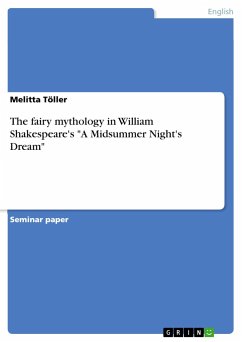William Shakespeare's comedies entitled A Midsummer Night's Dream, As You Like It and Twelfth Night reflect the carnival spirit in Mikhail Bakhtin's theory, which proposes a temporary inversion of the existing world order and traditions. Based on the tradition of "folk humour," Bakhtin's notion of the carnival brings a new outlook on the world order. When the carnivalesque atmosphere in these plays is analysed with reference to "role reversal," "chronotope," "parody" and "grotesque imagery," it is observed that, with the aim of laughter, the typical representatives of the usual world order are imitated, their roles are reversed and their bodies are depicted as grotesque. This forms a carnival world, which is against dogmas in the plays and reveals the relativity of truth. This carnivalesque atmosphere temporarily suspends the rules of the present hierarchical order and offers a different insight. Bakhtinian carnivalesque atmosphere created by role reversals, parody and grotesque imagery and the festivities in the background of the plays' plots, propose a different perception of the world in opposition to the authoritative order represented alongside.
Bitte wählen Sie Ihr Anliegen aus.
Rechnungen
Retourenschein anfordern
Bestellstatus
Storno

